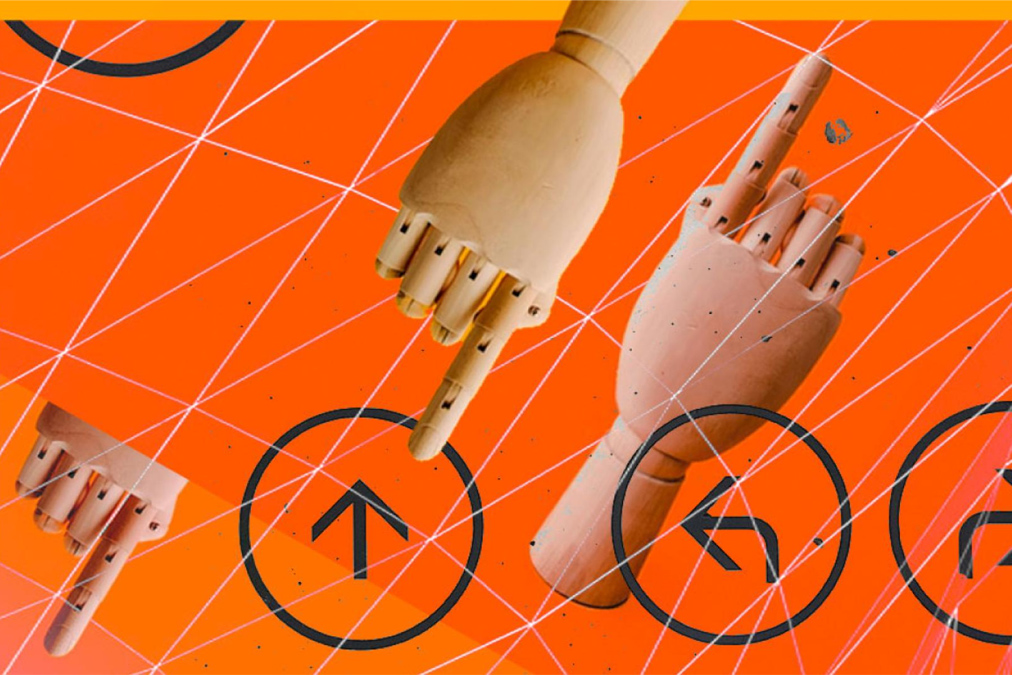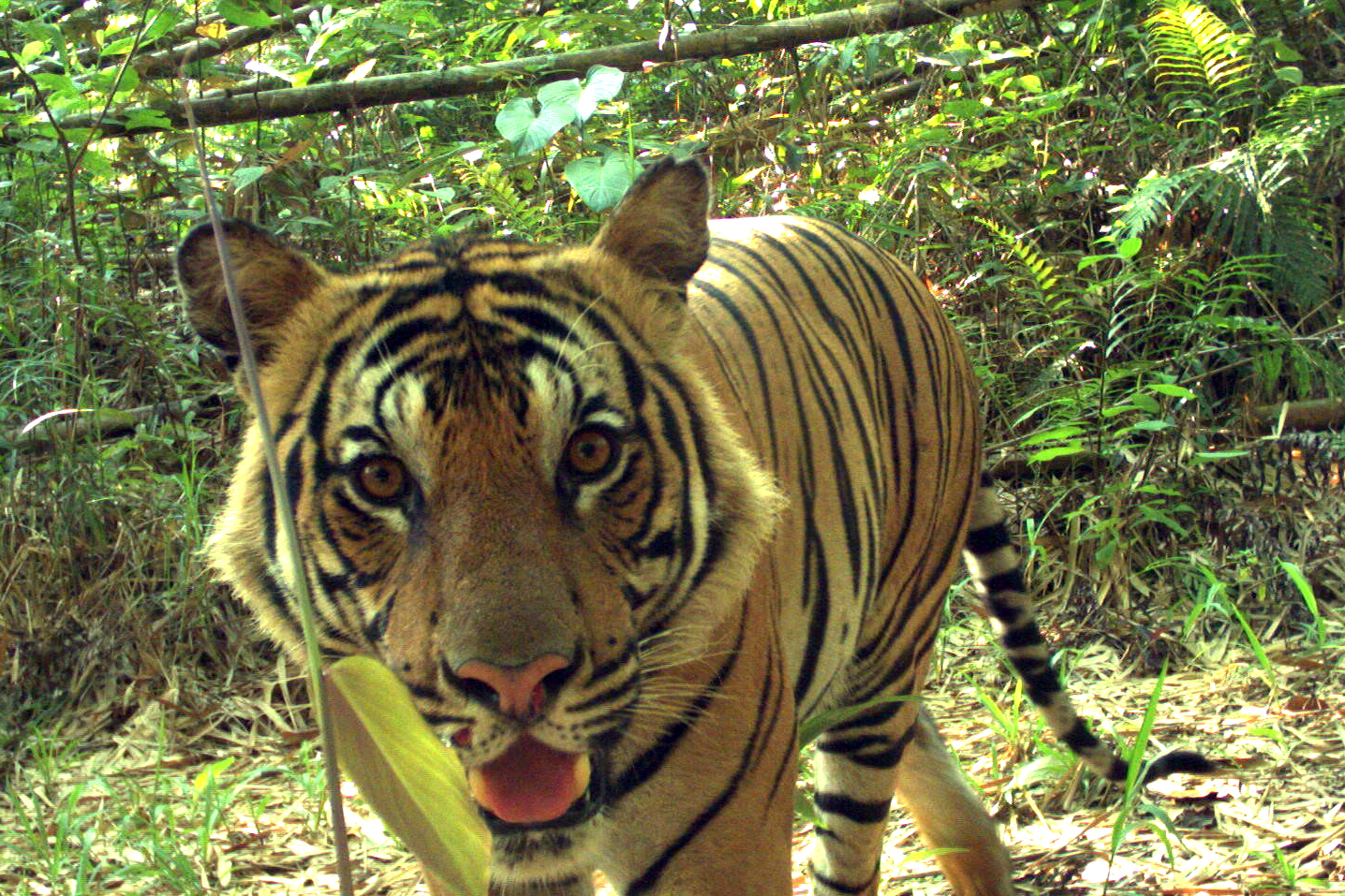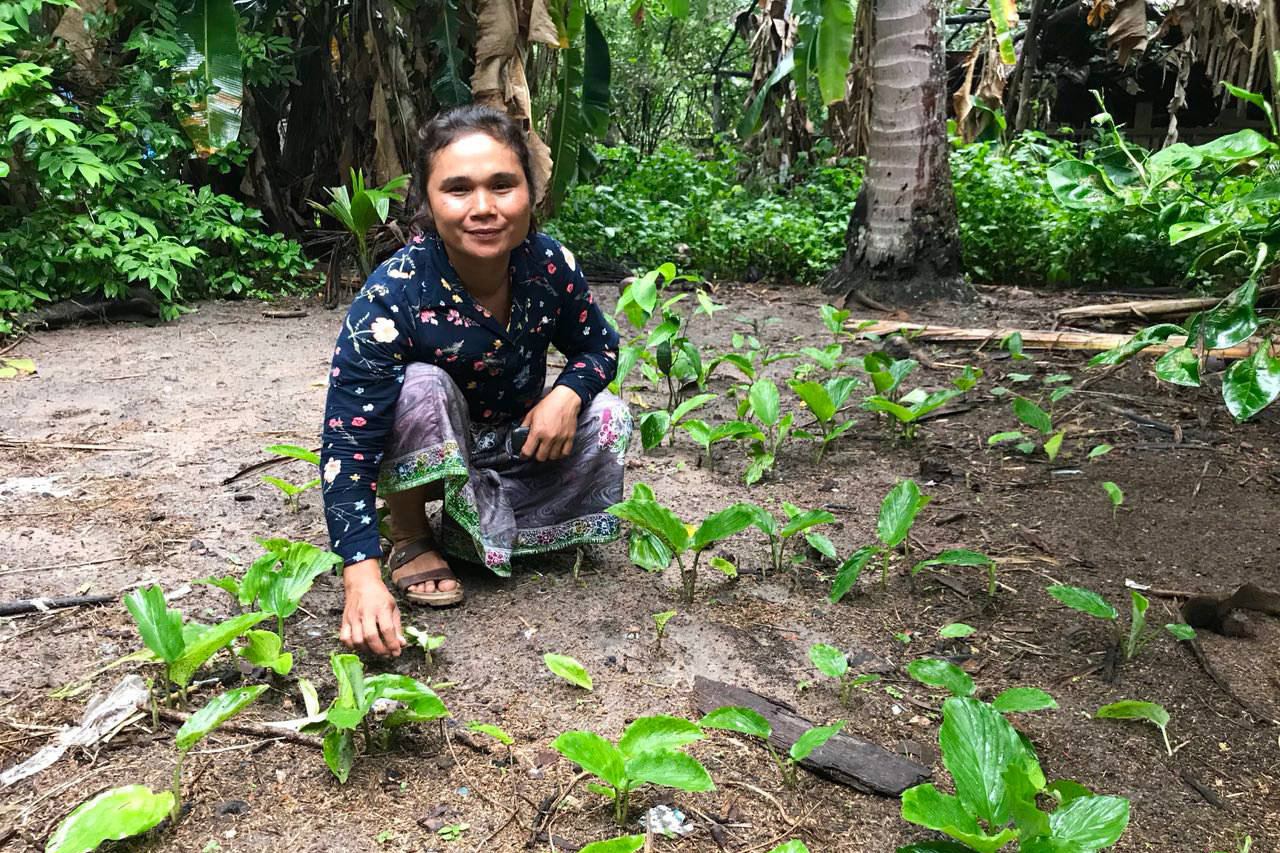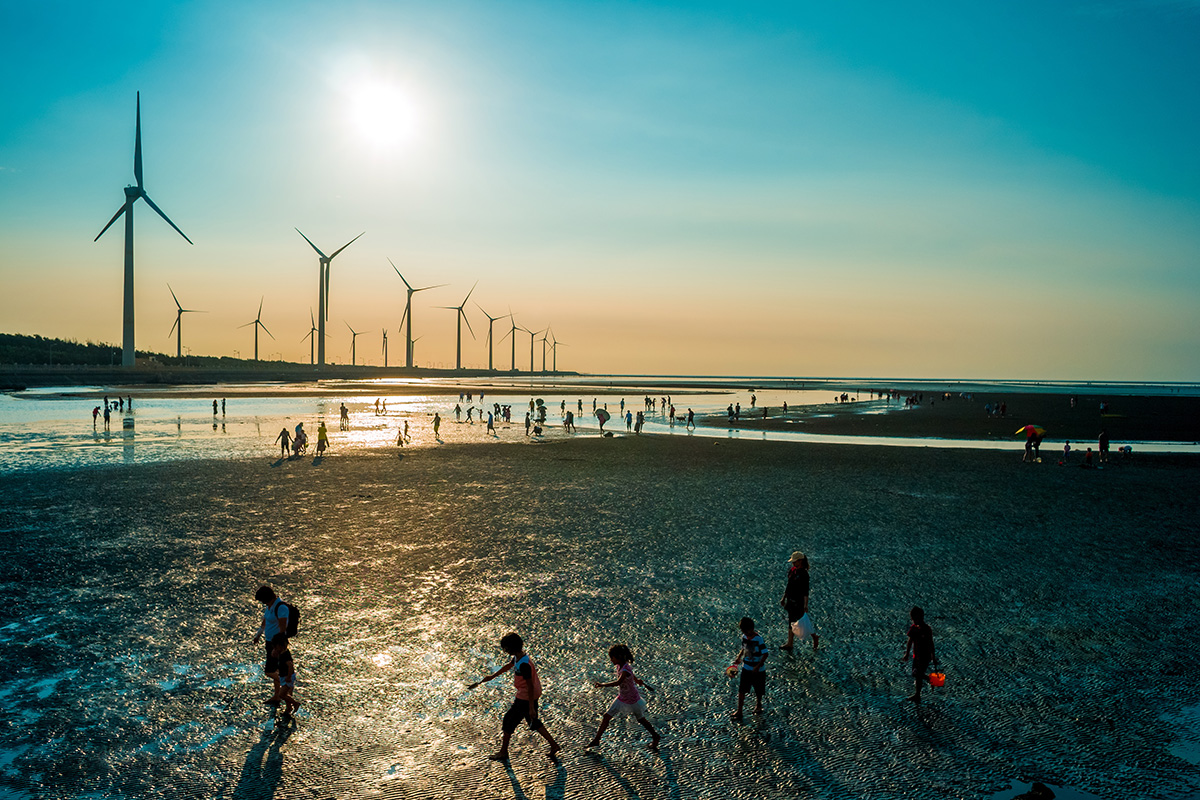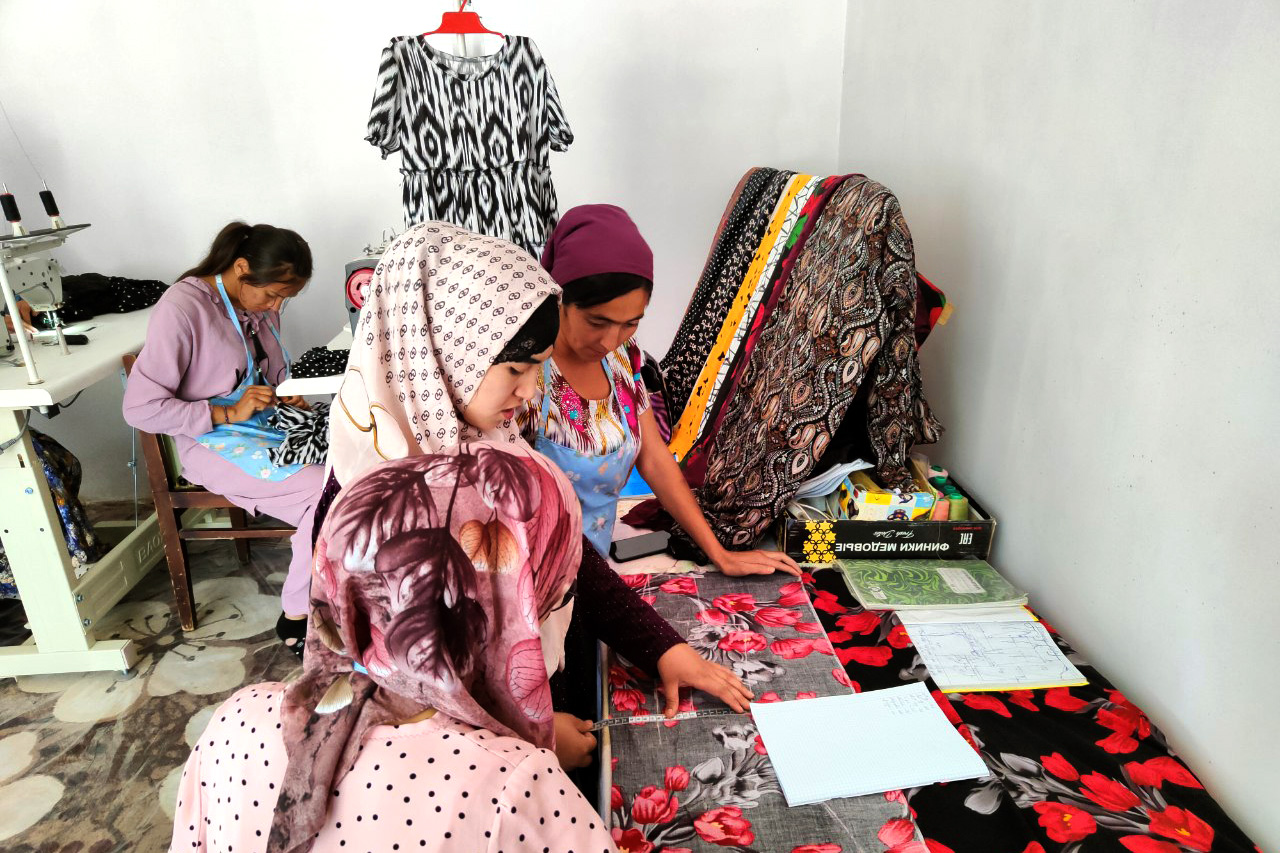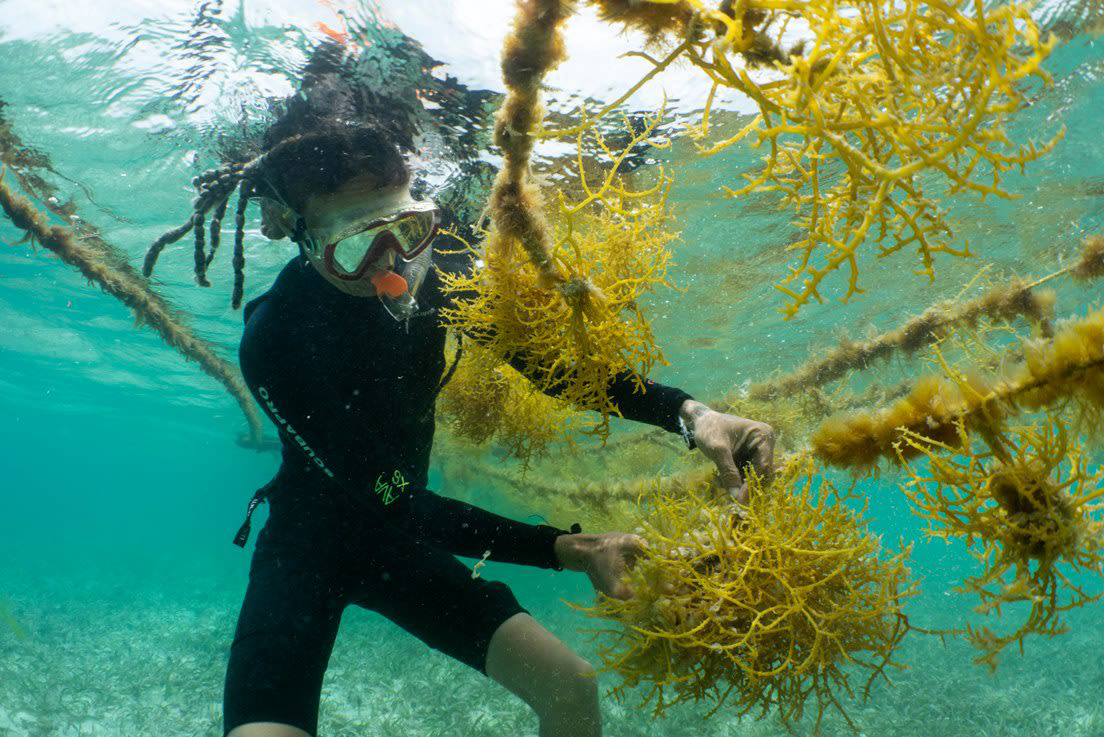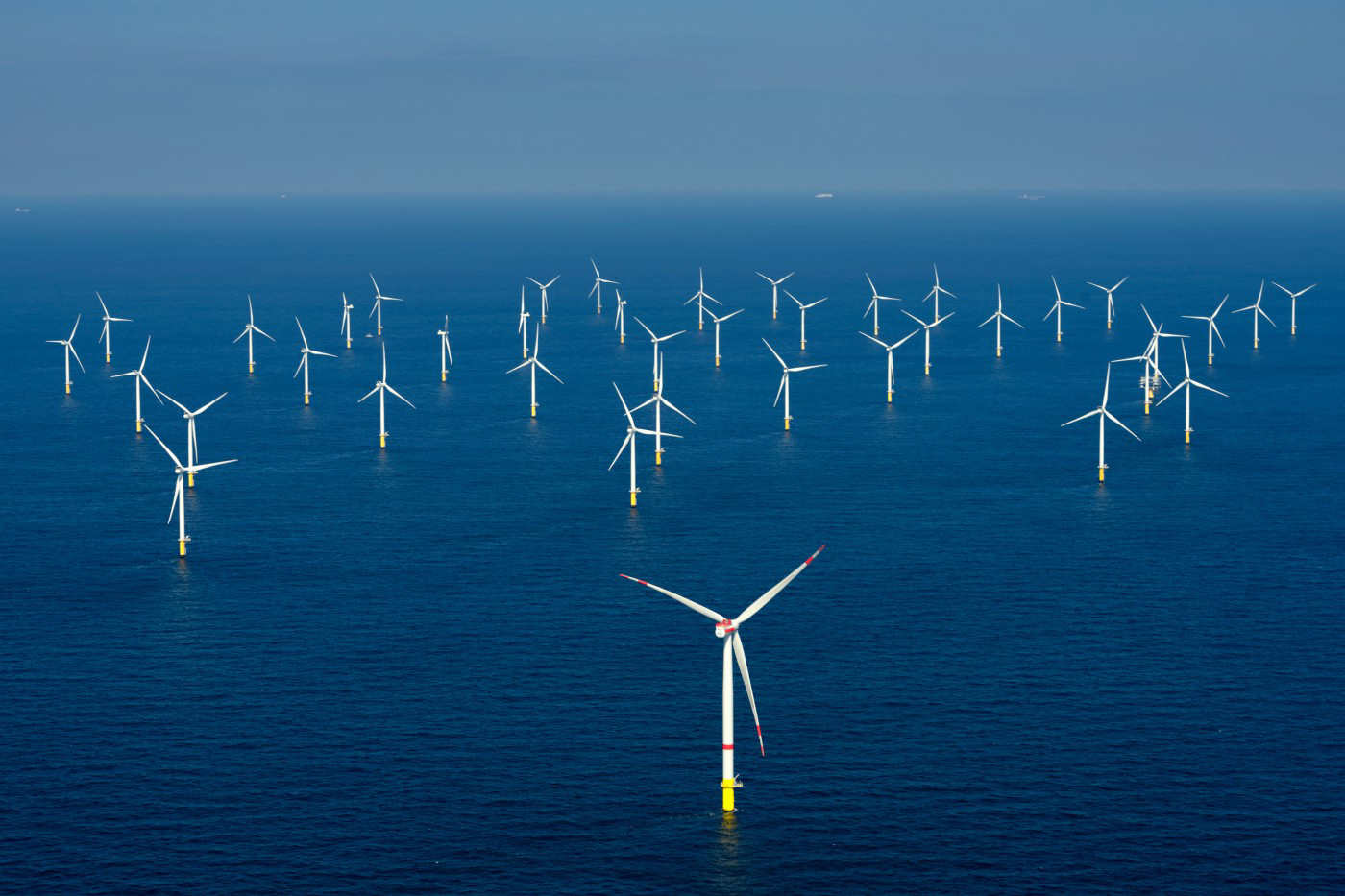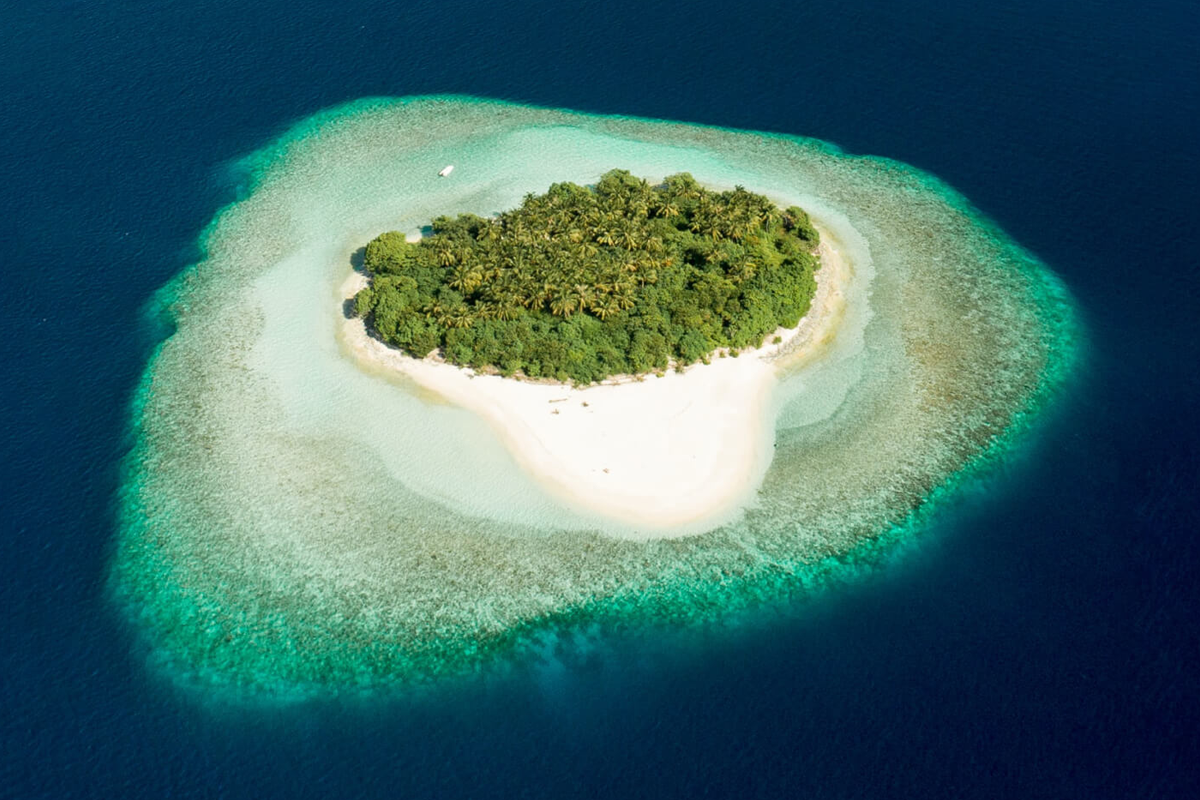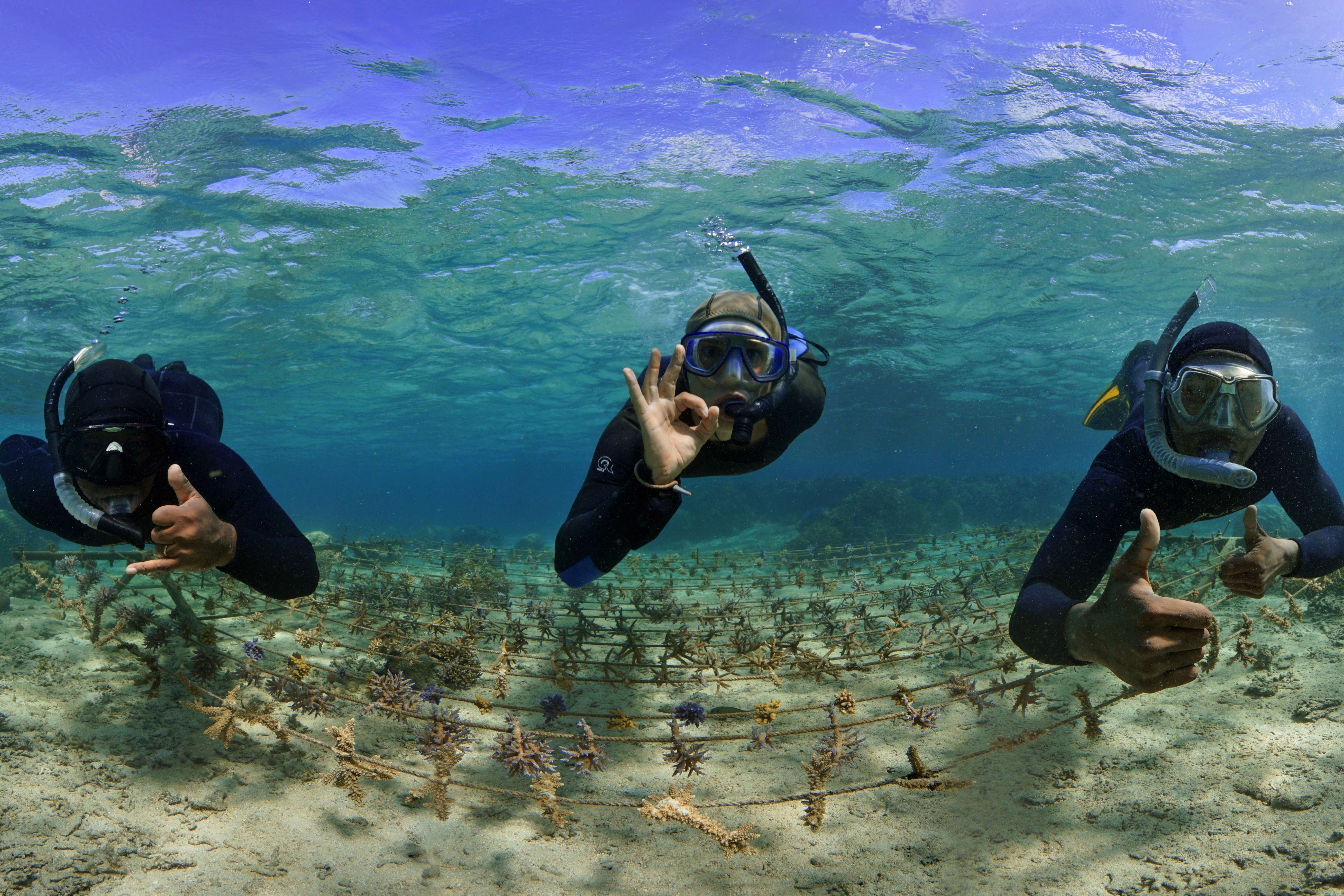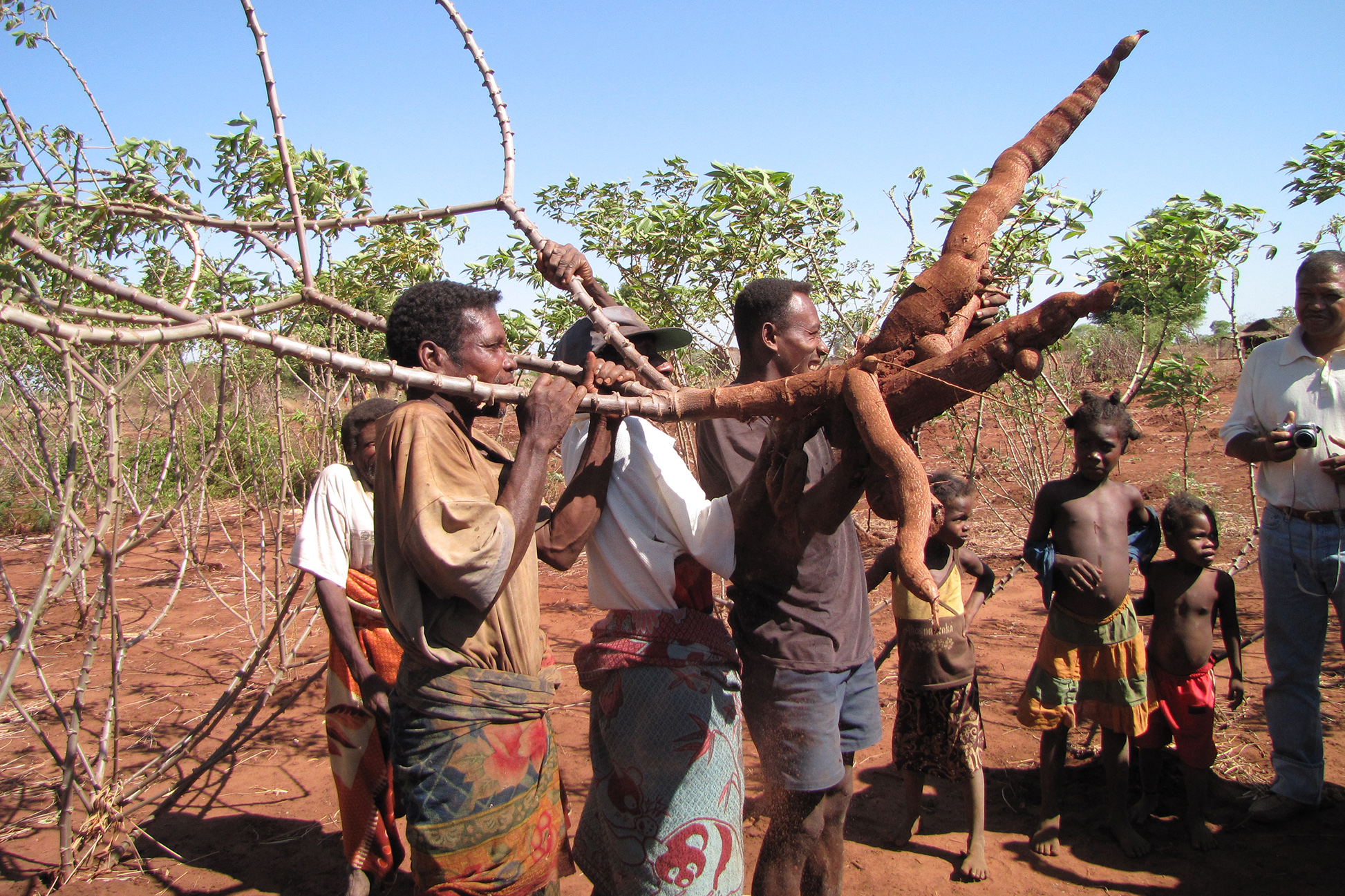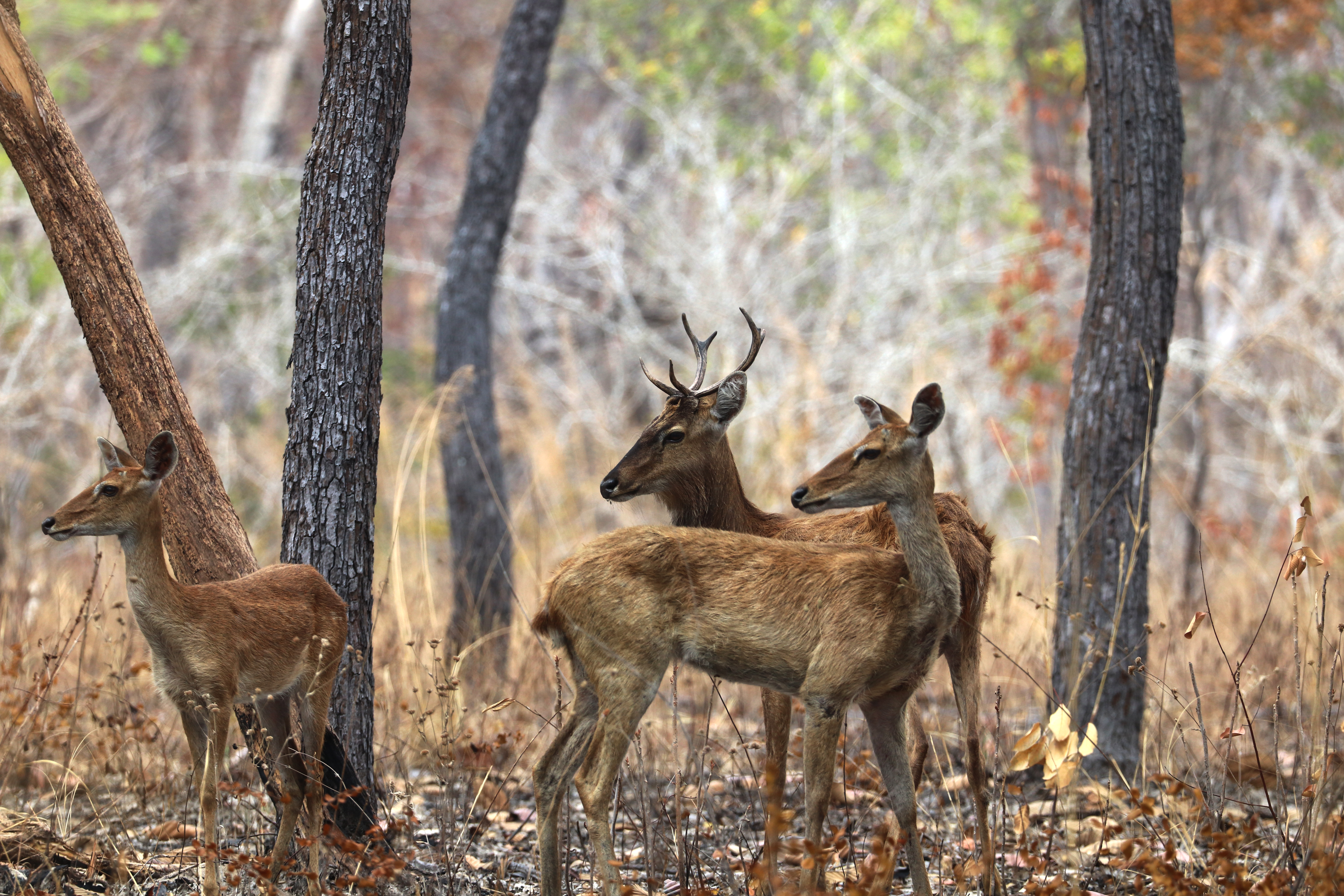We face a global crisis of trust. COVID-19 has caused the greatest ever recorded reversal in human development. It has also compounded the crises that we already face: planet threatening climate change, environmental degradation, poverty and deepening inequalities. The pandemic also underscored how vital effective political leadership is in all aspects of our lives. It has never been more important to have political processes and institutions that we can trust to act in our best interests. A key facet of UNDP’s new Strategic Plan is reimagining governance.
UNDP
Over the last century, tiger populations have declined by more than 95% due to habitat loss and wildlife trafficking. In Peninsular Malaysia, illegal poaching and wildlife trafficking are among the main factors in the decline of local tiger populations. The Malayan tiger population today is less than 200. Without extraordinary actions, Malaysia is expected to lose this species within the next five to ten years. This International Tiger Day (29 July), see how the GEF – in partnership with local communities – works to protect some of the last remaining wild populations of the endangered Malayan tiger.
Cambodia’s rich biodiversity and its associated genetic resources makes it attractive for commercial bioprospecting. It encompasses a high number of known native medicinal plants. To counter various threats to Cambodia’s biodiversity, the UNDP-supported, GEF-financed project, Developing a Comprehensive Framework for Practical Implementation of the Nagoya Protocol in Cambodia, is working to strengthen the country’s capacity for access to benefit sharing vis-à-vis Cambodia’s genetic resources. A well-developed and functioning Access and Benefit Sharing (ABS) national legal, institutional, and administrative framework will enable the equitable sharing of benefits from the utilization of genetic resources and associated traditional knowledge.
The COVID-19 pandemic has launched a broadside against the SDGs, our best hope for a livable and prosperous future. We are also facing the consequences of the war in Ukraine on human lives, food supplies and a mounting fuel crisis. There are no more ‘band aid’ solutions. Crisis can be turned into opportunity for a concerted push towards a sustainable, inclusive and resilient future. New, complex crises require re-writing the rule book. UNDP is tapping into its extensive global network to build solutions that make a difference in peoples’ daily lives.
Nafasova Mukaddas is helping to create a sustainable future, literally, one stitch at a time. She has been involved in sewing clothes for the past five years, and her services are in great demand as the next-closest seamstress is 37 kilometres away. She and her husband were able to access small grants through the UNDP-supported, GEF-financed project. The project operates with the understanding that to protect significant biodiversity across the country, work to support local communities is a necessity.
For the past thirty years, the Small Grants Programme (SGP) has been providing financial and technical support to civil society and community-based organizations on innovative community-driven initiatives that address global environmental issues – such as biodiversity loss, climate change mitigation and adaptation, land degradation, international waters, and chemicals and waste management – while improving livelihoods. SGP was sparked by the idea that the active participation of local communities in dealing with critical environmental problems holds the key to promoting effective stewardship of the environment and achieving sustainable development. Mariko Wallen harvests seaweed on her and Louis Godfrey's farm in Placencia, Belize.
Ahead of the UN Ocean Conference, UNDP checks in with the Special Envoy for the Ocean, who reminds us: “No healthy planet without a healthy ocean, and the ocean’s health is measurably in decline.”
Small Island Developing States (SIDS) don't have the luxury of time. They are on the frontlines of climate change, feeling the impacts first and most severely, even though they contribute less than 1 percent of global carbon emissions. Many SIDS have made strong political commitments to net-zero carbon emissions and a climate-resilient future. Against this background, Rising Up for SIDS, UNDP’s integrated SIDS offer, aims to respond to their most pressing needs, building resilience through climate action, boosting the blue economy and accelerating digital transformation.
Nature-based solutions like habitat restoration, reforestation, coastal protection and invasive species removal create jobs at over 10 times the rate of fossil fuels.
The ocean produces at least 50% of the planet's oxygen, it is home to most of Earth’s biodiversity, and is the main source of protein and nutrition for more than 3 billion people. Despite all of this, the ocean is at risk, facing a multidimensional crisis driven by overfishing, pollution, habitat loss, invasive species and climate change. UNDP cautions this is time for action.
24 February 2022 marked a devastating day for the people of Ukraine – and the world. Despite the chaos of war, the country’s State Emergency Service immediately sprang into action, with over 70,000 personnel helping to rescue people from under rubble and from fires caused by daily shelling and evacuating people to safer locations. UNDP quickly transitioned to help meet emergency needs – by contributing protection and firefighting equipment, generators for emergency power, food supplies and specialized tools for removing debris.
The southwest coast of Viti Levu, Fiji’s largest and most populated island, is flanked by the country’s longest fringing reef system, affectionately known as the Coral Coast. Namada is one of four traditional villages in the Korolevu-i-Wai District that will benefit from the Investing in Coral Reefs and the Blue Economy programme. Partly funded by the Joint SDG Fund, the programme supports the customary fishing rights owners for the Korolevu-i-Wai/Koro-i-Nasau qoliqoli (community) to operate coral-reef-associated ecotourism attractions and activities to generate revenue to support the effective management, conservation, and sustainable use of the Locally Managed Marine Area (KiW/KiN LMMA), as well as help support the communal development needs of the community, while also offering them economic opportunities.
Tafo Mihaavo is the national network of local communities in Madagascar practicing customary natural resource management. Established in 2012, Tafo Mihaavo has more than 600 members who work in ecosystem safeguarding and restoration across 22 regions. Tafo Mihaavo has developed strategies on community natural resource management to enhance the legal recognition of local community rights. Indigenous peoples and local communities are environmental stewards of many of the world’s biodiversity and cultural hotspots. With the territories and areas conserved by indigenous peoples and local communities accounting for approximately 32 per cent of ecologically intact global land, studies show that global biodiversity goals cannot be met without them.
Phayvieng Vongkhamheng was born at the end of the Laotian wet monsoon season in 1984. From a young age, Mr. Vongkhamheng had the impression that village life and wilderness intermingled symbiotically. Mr. Vongkhamheng is now the Assistant Project Manager for the ‘Sustainable Forest and Land Management in the Dry Dipterocarp Forest Ecosystems of Southern Lao PDR’. With UNDP support, the project has been promoting sustainable land and forest management in dry forest ecosystems and protection of critical wildlife habitats with its biodiversity.
Rich and healthy soils are the basis of all life on Earth. Yet up to 40 percent of the planet’s land is degraded, affecting half the world’s population. Especially at risk are people living in drylands – covering 45 percent of the Earth’s surface – which are prone to desertification and the devastating impacts of climate-related shocks such as disease, drought, flooding and wildfire. Around 12 million hectares of land are lost each year to degradation. UNDP and its partners are working towards a land degradation-neutral world, to support ecosystem functions and improve food security.

